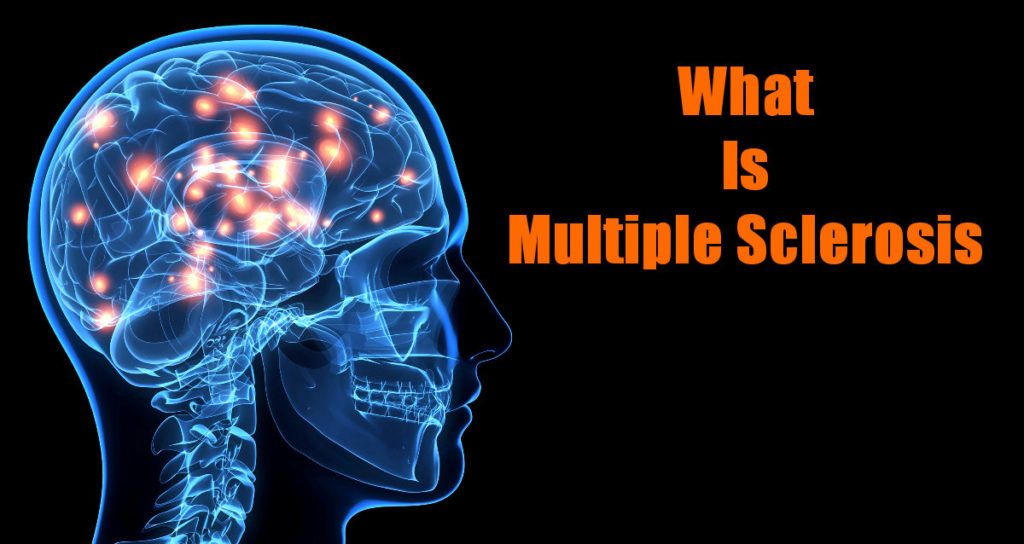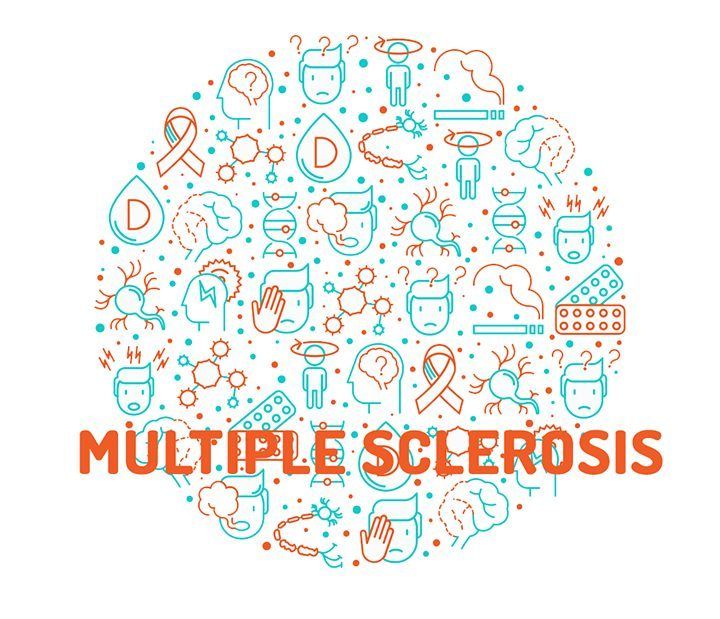Multiple sclerosis also known as MS is a disease of the central nervous system that affects brains, spinal cord, and the optic nerves in the eyes. It can cause problems with vision, balance, muscle control, and other basic body functions. Most experts think that it is an autoimmune condition, in which the immune system mistakenly attacks normal tissues in the body. Read on to find out more about it
What is multiple sclerosis?

The term “multiple sclerosis” refers to the multiple areas of scar tissue often called “lesions” that develop beside affected nerve fibers a. It is a potentially disabling disease of the brain and spinal cord.
The exact meaning of “sclerosis” is the hardening of tissue and occurs when your immune system attacks a fatty material called myelin, which is wrapped around your nerve fibers to protect them. Without this outer shell, your nerves become damaged and you brain stops sending signals through your body properly.There is no particular cure for multiple sclerosis, though treatments can help speed recovery from the attacks.
How it begins?
Doctors exactly doesn’t know how it begins, but most of them believe that it starts because of an environmental cause, like a virus that triggers an autoimmune attack in a person who is genetically susceptible to MS.

Signs and symptoms
The signs and symptoms of MS vary and depends on the amount of nerve damage. But below are some of the most common symptoms:
- Numbness and tingling that occurs on one side of your body at a time or the legs.
- Sexual problems
- Fatigue
- Dizziness
- Slurred speech
- Partial or complete loss of vision
- Bowel problems
- Depression
- Problem focusing or remembering
Study and research:
As per researchers, drinking around two cans of soda per day or the equivalent in calories might increase the severity of MS symptoms.

For the study, the researchers had over 130 participants with MS and asked them to fill out a questionnaire about their diets on a day-to-day basis and also rated their disability on the Expanded Disability Status Scale. After looking at the forms the researchers measured each participant’s diet responses and found that food was not a factor in worsening symptoms, but there was a correlation between sugary drinks and MS symptoms. The researchers figured out that the participants were five times more likely to be on the severe side of the Expanded Disability Status Scale when they consumed around 290 calories of sugar-sweetened drinks each day.


